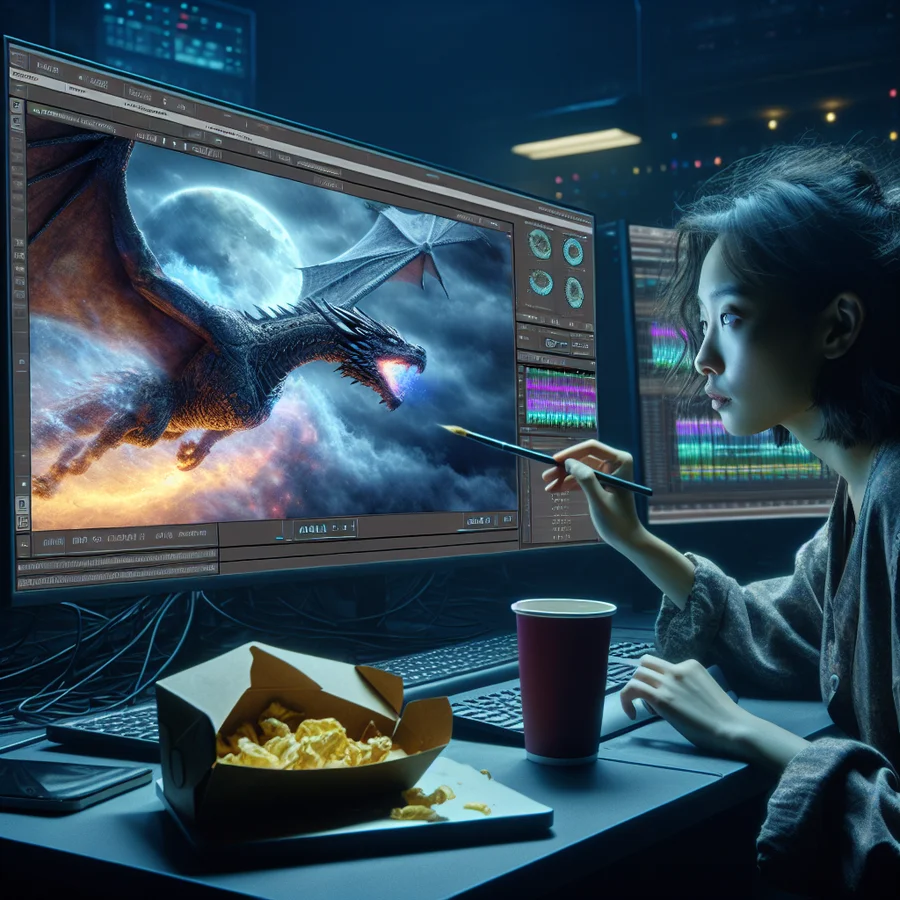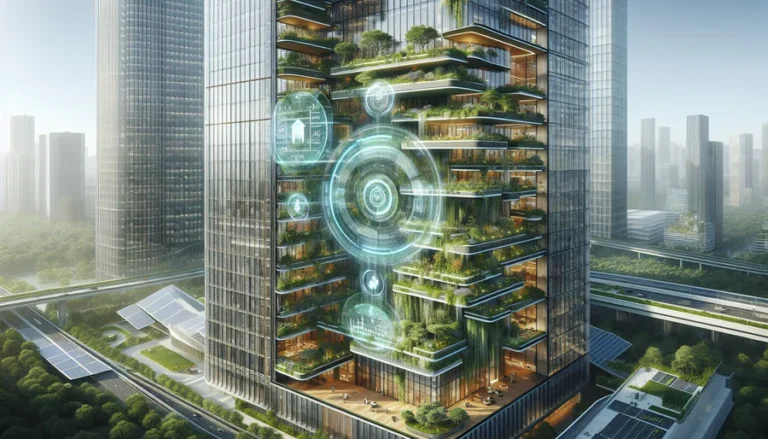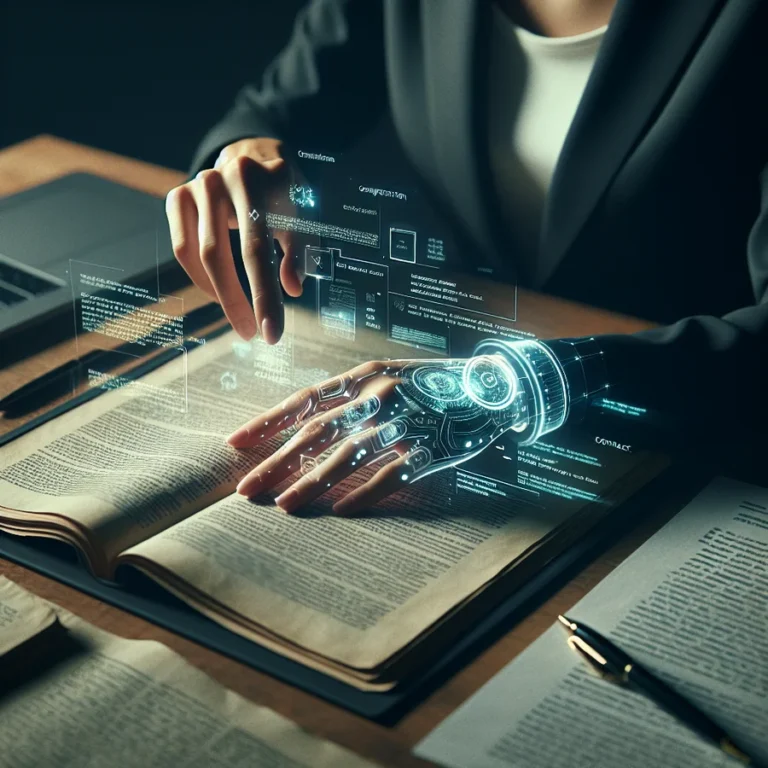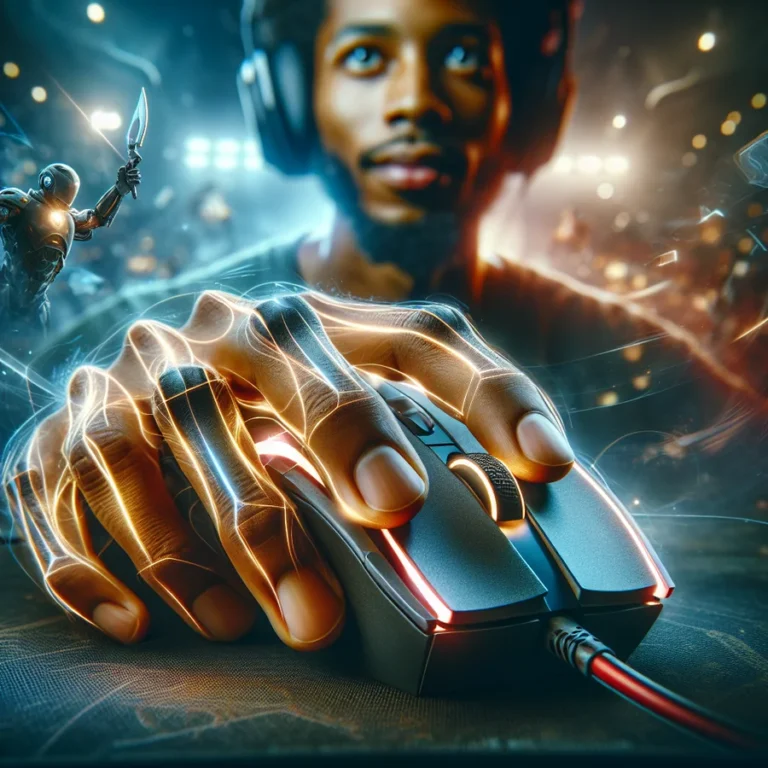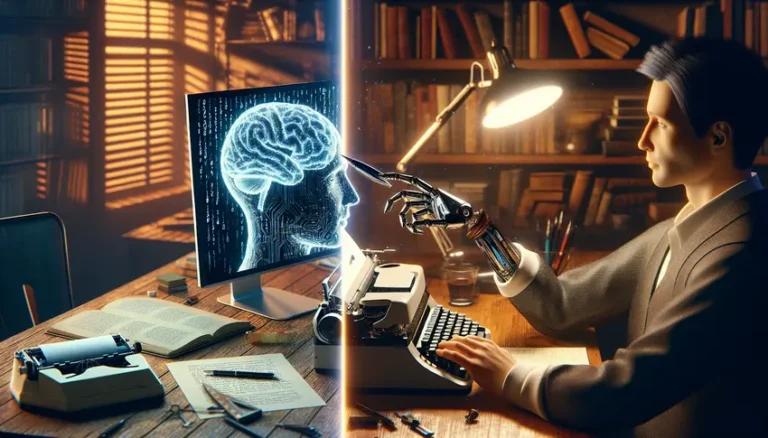AI in Film: Enhancing Visual Effects and Streamlining Production
Artificial intelligence (AI) is rapidly transforming the film industry. It’s not about replacing human creativity. Instead, AI in film is about empowering filmmakers with new tools. These tools enhance visual effects, streamline production, and open up exciting creative possibilities. This guide explores how AI is revolutionizing filmmaking, making it more efficient and innovative.
From script analysis to post-production enhancements, AI is impacting every stage of filmmaking. We’ll explore its applications, benefits, and potential challenges. Get ready to discover how AI in film is shaping the future of cinematic storytelling.
Understanding the Role of AI in Film Production
AI is no longer a futuristic concept in filmmaking. It’s a present-day reality. AI algorithms are now used to analyze scripts, create visual effects, and even predict audience reactions. This technology assists filmmakers in making informed decisions and bringing their visions to life more effectively.
Note: AI complements human skills. It doesn’t replace them. It’s a powerful tool that enhances creativity and efficiency.
AI’s Impact on Script Analysis
AI can analyze scripts with incredible speed and precision. It identifies key elements like plot points, character arcs, and emotional tone. This helps screenwriters refine their work and producers assess a script’s potential success.
Imagine AI as a super-powered reader. It can digest hundreds of scripts and provide detailed feedback in a fraction of the time it would take a human. This allows writers to focus on crafting compelling stories.
AI-Driven Casting and Location Scouting
Finding the right actors and locations is crucial for any film. AI can streamline this process by analyzing data and identifying potential candidates. It considers factors like past performance, audience appeal, and even physical characteristics.
AI can also analyze locations based on factors like weather patterns, accessibility, and cost. This helps production teams make informed decisions and avoid potential logistical nightmares.
Enhancing Visual Effects with AI
Visual effects (VFX) are essential for creating immersive cinematic experiences. AI is revolutionizing VFX by automating complex tasks and generating realistic imagery. This allows filmmakers to achieve stunning visuals without breaking the bank.
Reminder: VFX are the special effects added to a film in post-production. They create scenes that are impossible or impractical to film in real life.
Applications of AI in the Film Industry: Case Studies
AI is already being used in a variety of films. Here are some notable examples:
- “Morgan”: This sci-fi thriller used AI to create the film’s trailer. The AI analyzed the movie and selected the most impactful scenes.
- “The Jungle Book”: Disney used AI to create photo-realistic environments. This allowed the filmmakers to create a visually stunning world.
- “The Irishman”: AI-powered de-aging technology was used to make actors look decades younger. This allowed the filmmakers to tell a story spanning many years.
- “Avengers: Endgame”: AI tools enhanced CGI and motion capture, creating realistic character portrayals and immersive visual effects.
These examples demonstrate the diverse applications of AI in filmmaking. As the technology continues to evolve, we can expect to see even more innovative uses in the future.
Let’s delve deeper into how AI is impacting different stages of film production.
The Influence of AI on Pre-Production
Pre-production is the foundation of any successful film. It involves planning, writing, and designing the project. AI is streamlining this phase, making it more efficient and creative.
AI algorithms can analyze scripts, suggest plot improvements, and even generate storyboards. This helps filmmakers refine their vision and prepare for production.
AI-Powered Script Analysis and Development
AI algorithms can analyze scripts for various elements, including plot structure, character development, and dialogue quality. This analysis provides valuable insights to screenwriters and producers.
AI can also identify potential plot holes or inconsistencies. This helps writers create a more cohesive and engaging story.
AI in Storyboarding and Previsualization
Storyboarding is the process of creating visual representations of each scene in a film. AI can automate this process, generating storyboards from scripts. This saves time and ensures visual consistency.
Previsualization involves creating 3D animations of scenes before they are shot. AI can create lifelike animations, helping directors visualize the final product.
AI’s Role During Production: Automating the Process
Production is where the film comes to life. AI is playing a critical role by automating tasks and enhancing efficiency on set.
AI-driven camera systems, automated lighting, and real-time visual effects are transforming the way films are made.
Automated Camera Systems with AI
AI-driven camera systems can capture high-quality footage in any environment. These systems offer precision, consistency, and reduced costs.
Imagine a camera that can automatically track subjects, adjust focus, and maintain stable shots. This is the power of AI-controlled camera systems.
Key advantages of AI-controlled camera systems:
- Precision and consistency: Reduced human error during shooting.
- Reduced cost: No need for a large on-site camera crew.
- Efficiency: Increased shooting time and productivity.
AI in Film Editing: A Game Changer
Editing is a time-consuming process. AI-powered software can efficiently identify and categorize sequences. This drastically reduces labor hours and allows editors to focus on crafting compelling narratives.
AI can categorize shots based on parameters like location, characters, and mood. It can also compile a rough cut based on predefined editing principles.
Key contributions of AI in film editing:
- Scene categorization: AI software categorizes shots based on various parameters.
- Automated assembly: AI can compile a rough cut based on editing principles.
- Emotional timing: AI helps determine the emotional weight of a scene.
AI in Post-Production: Adding the Finishing Touches
Post-production is where the film is refined and polished. AI is proving to be a game-changer in this phase, enhancing quality and streamlining processes.
AI algorithms can assist with sound design, color correction, and special effects. This allows filmmakers to add the finishing artistic touches to their projects.
Sound Design and AI: Creating Immersive Audio
AI algorithms can construct 3D soundscapes and replicate acoustic settings. This expands the creative options for sound editors.
AI’s role in sound design:
- Sound synthesis: AI algorithms can generate diverse sounds.
- Noise suppression: AI can detect and eliminate unwanted background noise.
- Speech enhancement: AI can improve the clarity of speech.
Color Correction and Grading with AI
AI software can analyze each frame, adjusting colors and light levels. This creates an aesthetically pleasing visual experience.
AI’s contributions to color correction and grading:
- Automated color correction: AI adjusts hue, saturation, and brightness automatically.
- Consistent color grading: AI maintains consistency across all shots.
- Advanced color prediction: AI predicts the color grading a director might choose.
Special Effects and Computer Graphics Enhanced by AI
AI is pushing the boundaries of creative expression in VFX and CG.
AI’s impact on special effects and computer graphics:
- CG character creation: AI speeds up the process of creating complex CG characters.
- VFX enhancement: AI enables artists to create more realistic and detailed special effects.
- Real-time Rendering: AI can analyze and render scenes in real-time.
Key Advantages of Implementing AI in the Film Process
AI offers creative solutions to a range of challenges in filmmaking. It enables more efficient planning, execution, and post-production activities.
The benefits of implementing AI in the film process are manifold, but we’ll focus on three significant advantages: increased efficiency, cost savings, and enhanced creativity.
Increase in Efficiency with AI
AI streamlines tasks usually conducted by humans, making the production process quicker and more effective.
AI can:
- Quickly evaluate scripts and provide detailed insights.
- Aid in storyboarding and scene composition.
- Automate the editing process.
Cost Savings Through AI Implementation
AI’s use can lead to substantial cost reductions through:
- Lower personnel costs as AI takes over some tasks.
- Decreased production time.
- Minimized expenses associated with post-production activities.
Creativity Enhancement with AI
AI enhances creativity by enabling filmmakers to envision and create content that would be impossible or challenging to achieve otherwise.
AI can:
- Generate innovative plot structures and storylines.
- Assist in creating compelling CGI effects.
- Aid in concocting immersive virtual reality experiences.
Potential Challenges of AI in Film Production
While AI offers numerous benefits, it also presents some challenges. These include ethical considerations and implications for job security.
Let’s delve deeper into some of these challenges.
Ethical Considerations in AI Filmmaking
AI raises ethical questions related to privacy, bias, and the potential misuse of likenesses.
Ethical concerns:
- Privacy Issues: AI’s ability to analyze data could infringe on personal privacy.
- Bias in AI algorithms: AI algorithms could inject bias into the creative process.
- Job Security: The automation of certain tasks may impact jobs traditionally held by humans.
The Future of AI in Films: What to Expect
Advancements in AI technology are continually expanding its potential usage in filmmaking. AI is poised to play a larger role in areas such as real-time rendering, interactive storytelling, and virtual production environments.
The future of filmmaking will continue to mix the significance of collaboration between human creativity and the capabilities of artificial intelligence, leading to new cinematic experiences.
Reminder: AI is a tool. It’s up to filmmakers to use it responsibly and ethically.
Conclusion
AI is revolutionizing the film industry, offering unprecedented opportunities for creativity and efficiency. From script analysis to visual effects, AI is transforming every stage of filmmaking. While challenges remain, the potential benefits of AI are undeniable. Embracing this technology will allow filmmakers to create more compelling and immersive cinematic experiences.
The key is to strike a balance between technological innovation and human artistry. By working together, humans and AI can create a new era of cinematic storytelling.
FAQs About AI in Film
How is AI currently being used in film production?
AI is used for script analysis, casting, location scouting, visual effects, editing, sound design, marketing, and distribution. It helps streamline processes, reduce costs, and enhance creativity.
Will AI replace human filmmakers?
No, AI is intended to augment human capabilities, not replace them. It’s a tool that assists filmmakers in making informed decisions and bringing their visions to life more effectively.
What are the ethical concerns surrounding AI in film?
Ethical concerns include privacy issues, bias in AI algorithms, and the potential impact on job security for human filmmakers. It’s important to use AI responsibly and ethically.
How can AI help independent filmmakers?
AI can help independent filmmakers by providing access to tools and resources that were previously only available to large studios. This allows them to create high-quality films on a limited budget.
What are some examples of films that have used AI?
Examples include “Morgan,” “The Jungle Book,” “The Irishman,” and “Avengers: Endgame.” These films demonstrate the diverse applications of AI in filmmaking.
